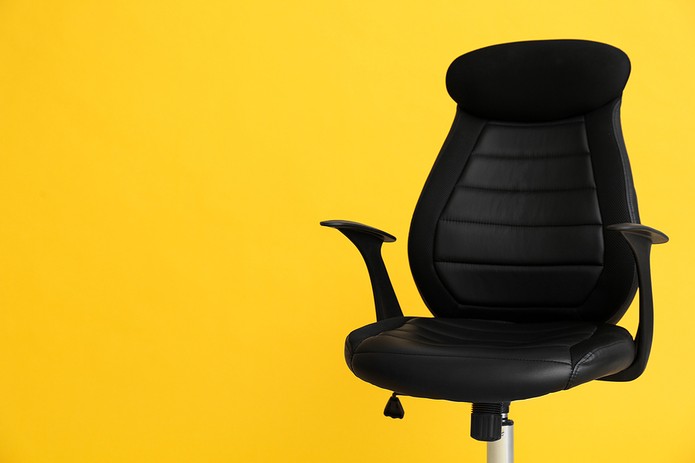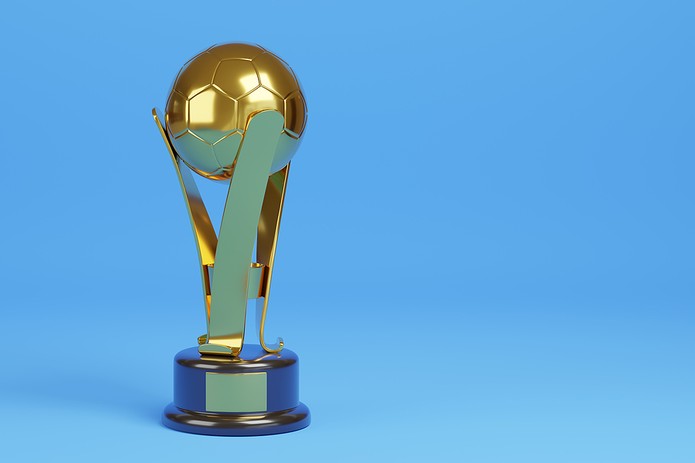 There will be many people out there who work in a corporate environment that have simply no idea what functions some of the senior staff in their company perform.
There will be many people out there who work in a corporate environment that have simply no idea what functions some of the senior staff in their company perform.
Generally at football clubs, each designated role in the backroom team is self-explanatory, although there’s one position that is shrouded in mystery – and which features as heavily in the news cycle as managerial appointments and sackings.
The humble sporting director is very much a modern-day addition to football – certainly outside of continental Europe, at least – and these individuals are now considered an integral part of the successful running of a club. For context, at the time of writing, 19 of the 20 Premier League clubs had a designated sporting director or at least somebody in a role with very similar functions.
And so prominent has the position of sporting director become, you can barely keep them out of the news. Nottingham Forest sacked theirs – Filippo Giraldi – as the club battles relegation despite signing 22 new players in the summer at a cost of around £162 million.
Liverpool’s sporting director Julian Ward shocked the Merseyside club by handing in a ‘transfer request’ in March 2023 – he will take on a similar position at Ajax. Ward had only stepped up to the role at the Reds at the start of their relatively disastrous 2022/23 campaign.
And Tottenham’s sporting director Fabio Paratici hit the headlines in January when he was banned from football for two-and-a-half years, following accusations that he played a role in the corruption scandal engulfing Juventus.
Column inches aside, what exactly is it that a sporting director does? And are they really that important to the success of a football club?
What is a Sporting Director in Football?

From respected lawyers (Arsenal’s Richard Garlick) and finance graduates (Tony Khan at Fulham) to old school wingers (Jason Wilcox at Southampton) and rugged centre backs (David Weir at Brighton), there’s clearly no one single path into sporting directorship.
But no matter what their background, the individuals that take on the role have plenty on their plate – and they are starting to be held up to a similar level of scrutiny as managers, too.
The sporting director acts as a middle-man or woman between the head coach or manager and the club’s board. The board will divulge some powers to the sporting director, who may be given a brief to overhaul the club’s recruitment strategies or finances.
Increasingly, sporting directors are overseeing the buying and selling of players, and so it’s not difficult to see why there’s a sort of uneasy alliance between them and the club’s manager – ultimately, it’s the latter that will be held accountable for results, despite in some cases having to work with players they had no input into signing.
Gregg Broughton, who has worked as a sporting director at Norwich City and Blackburn Rovers as well as a stint in Norway, said of the role:
“It is different at every club and has to be context specific. At Blackburn Rovers, the role of Director of Football is to oversee the sporting side of the Club including the six departments: First Team, Academy, Player Recruitment, Analysis, Performance and Medical.
“I think this is a question that at times can confuse the public and people on the outside of our game. The role can be very different in different clubs.”
Do You Need a Sporting Director In Order to be Successful?

Given the prevalence of the sporting director role in the modern game, in may just be coincidence that the most successful teams in Europe all have one.
But then, maybe it’s not. At Manchester City, Txiki Begiristain was appointed sporting director after operating for a number of years in a similar capacity of Barcelona. It was he who was key to securing Pep Guardiola as head coach, and a hatful of Premier League titles and other trophies later, City fans should be as grateful to have Txiki as they are Pep – Guardiola himself is quoted as saying ‘without him I’m nothing.’
Michael Edwards, who was Ward’s predecessor at Liverpool, has often been regarded as a key figure in the Reds’ run to Premier League and Champions League titles in 2019 and 2020.
He instigated the recruitment of Mo Salah, Virgil van Dijk, Sadio Mane and many others, helping to build a silverware-laden squad that would ultimately become worth far more than what Liverpool paid for it.
Edwards is regarded as a shrewd negotiator, and when Barcelona acquired Philippe Coutinho from the Reds in 2018, he added a clause to the deal that would require the Spanish club to pay an £89 million premium on top of any agreed transfer fee if they wanted to sign another Liverpool player before 2021.
No less a judge than Klopp described Edwards as ‘sensational’, revealing that ‘his contribution to our success is clear for everyone to see.’
So perhaps there is good value to having a sporting director at your club….assuming they know what they’re doing, that is.